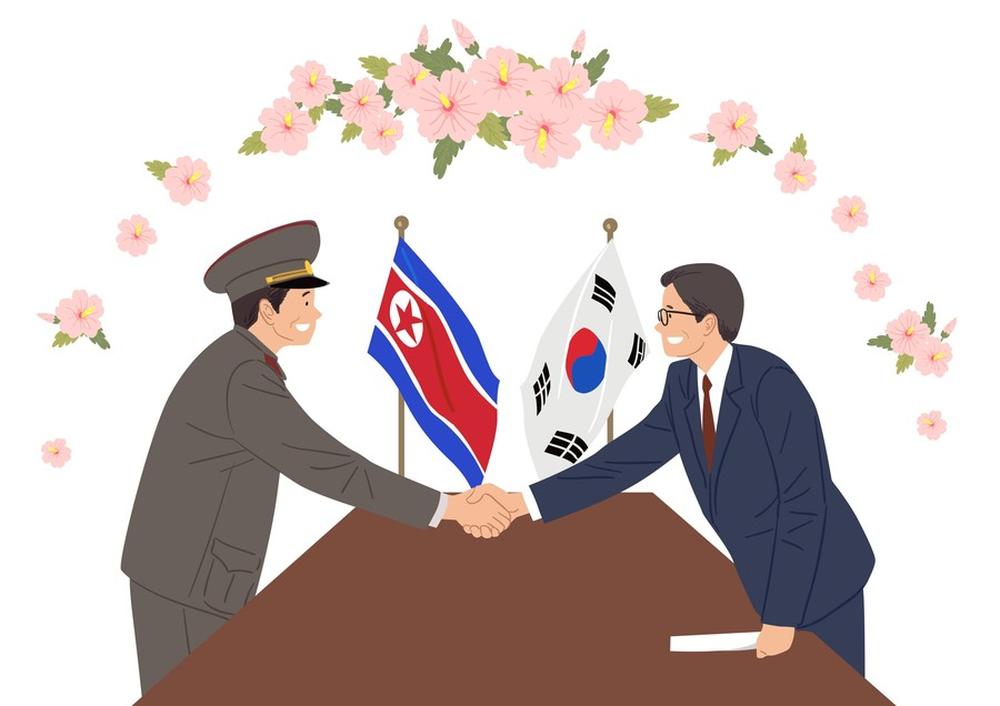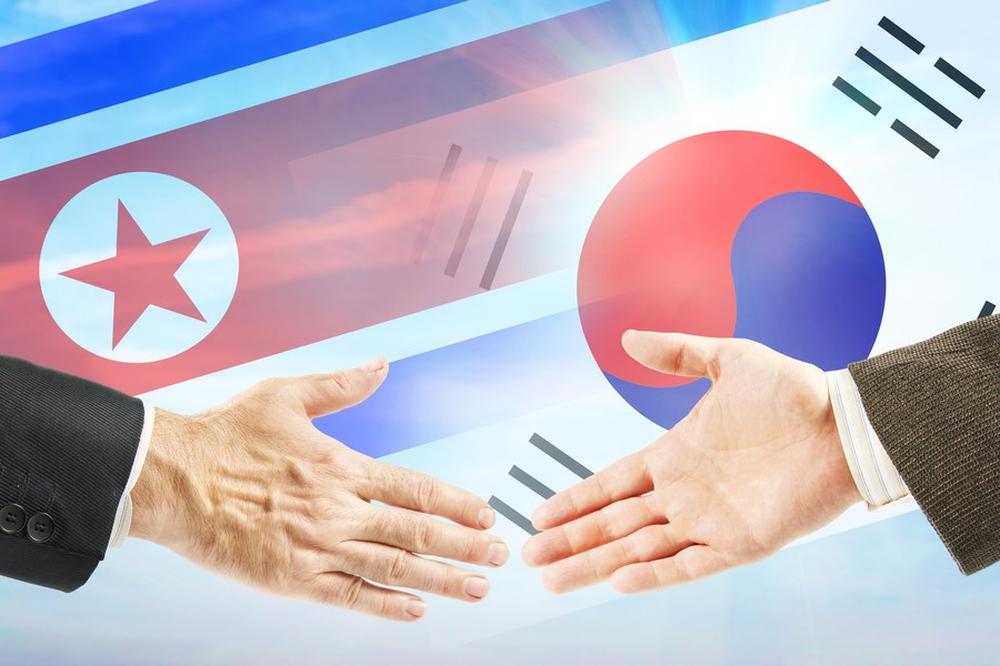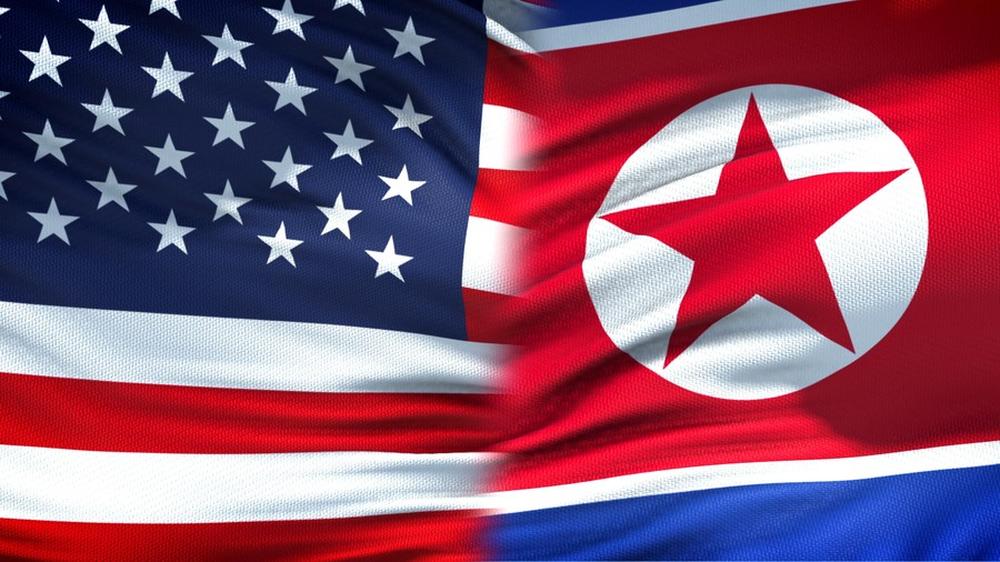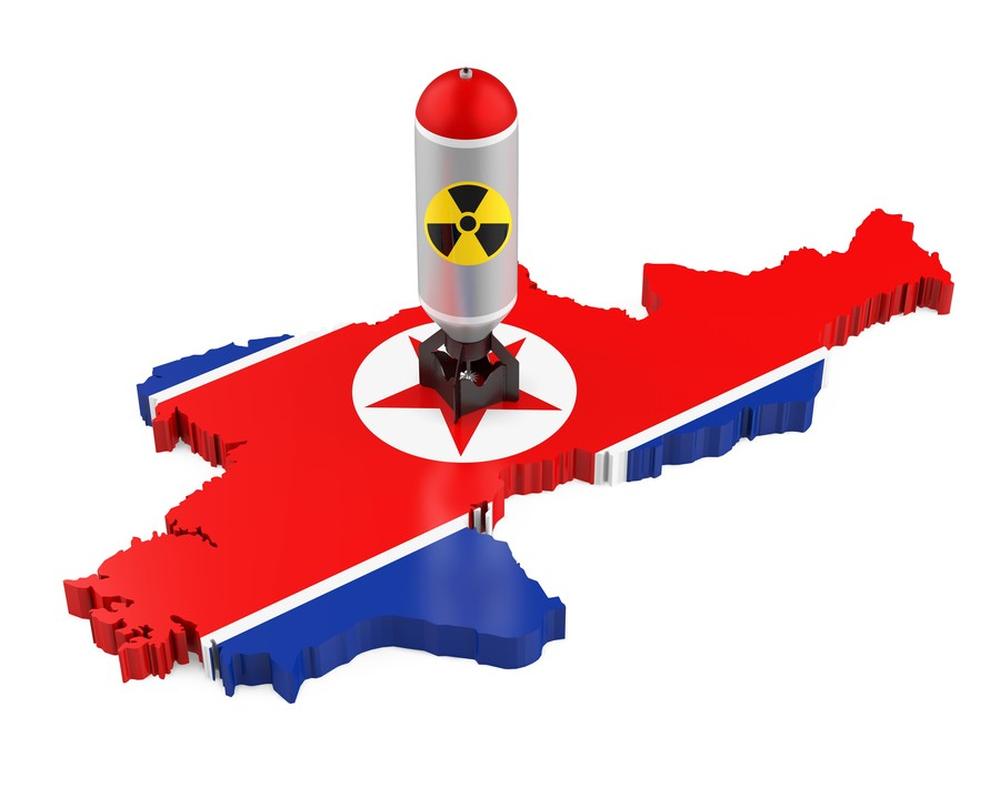- #Inter-Korean Relations
- #North Korea
- #US Foreign Policy
- #US-ROK Alliance

► To understand the implications of President Moon's ‘End-of-War Declaration’ in his U.N. speech, it is important to answer the following questions: whether political will is what is necessary, whether the upcoming presidential election is relevant, what the essence of international security represented by the U.S. is, and finally, how the progress of dialogue revolving these issues will develop further.
► The president’s attachment towards the ‘End-of-War Declaration’ is understandable, yet ought to be propelled with the due consideration of national consensus and international security variables.
President Moon Jae-in proposed the ‘End-of-War Declaration’ in his keynote speech at the 76th United Nations General Assembly held in New York on September 21, KST. The "End-of-War Declaration" has already been continuously mentioned throughout, from the 1954 Geneva Peace Negotiations to the 2018 ‘4.27 Panmunjom Declaration’. Rather, there are chances that this is an issue pertinent to the political will that lacks legal binding force. Plus, there are no challenging barriers to overcome like the contention between North Korea and the United States (U.S.) in the arena of denuclearization or the need to pass strict verification thresholds. Despite such a background, it still of significance to be attentive to whom and how the peace of the Korean Peninsula, that has been kept consistently since the emergence of ‘Two Koreas’ in 1948, will be maintained. In light of accurate and objective discourse, four questions must be addressed: whether political will is what is necessary, whether the upcoming presidential election is relevant, what the essence of international security represented by the U.S. is, and finally, how the progress of dialogue revolving these issues will develop further.
The first question that rises is whether the political will of stakeholders is what is required to achieve the ‘End- of- War Declaration’. In fact, to delve into the answer, it is not impossible but highly tough. The factor behind this rather pessimistic outcome is that the declaration is not independent of the divided structure of the Korean Peninsula and the process of peace building but closely linked to the consolidation of the peace system, involving the denuclearization process. To illustrate, given that two Koreas did not belong to the same ethnic group that has lived as one political entity within the history of thousand years or even if they were in the identical ethnic group, they opted for the ‘two states system within one ethnic group’ while retaining their own distinctive political systems following the post-modern international political era, the ‘End- of- War Declaration’ may stand as a political alternative, irrelevant with the next phases. Still, it is irrefutable that the Korean Peninsula security status quo and the reality of global security landscape that must be taken account are inextricably intertwined to promote the ‘End-of-War Declaration’.
Above all, North Korea’s stance in which ‘nuclear weapons cannot be abandoned unless the U.S.’ hostile policies undergo changes’ has been in place. Considering the circumstances, it is probable that there would be head-on concerns to deal with once the termination of the war was formally concluded. These problems would not only be limited to the role of the U.S. forces stationed in Korea and the disarmament talks of the U.S. with South Korea and North Korea respectively but includes multilateral security of Northeast Asia and the U.S.-China conflict. In fact, President Moon’s drive for peace is highly appreciated and there would be no objection to the idea of ending the war for good. Nonetheless, despite the transition of regimes in most socialist countries three decades ago, North Korea was the first country in history to withdraw from the Non-Proliferation Treaty (NPT) and proactively conducted nuclear tests. Further, North Korea also unilaterally blew up the inter-Korean liaison office, which was set up by the ‘4.27 Panmunjom Declaration’. Behind all these moves, North Korea’s rationale was the ‘discriminatory intimidation to its regime’. Supposedly the declaration was made, it is likely that North Korea will be reluctant to devote itself to the international cooperation for a peace regime.
The following question is whether the declaration will impinge the 20th presidential election, coming up in just 5 months. The presidential election refers to a ‘prospective vote’ that evaluates the national vision of various policies in general; in contrast, the general election is indicated as a ‘retrospective vote’ that mainly accesses the success from the economic aspect. For the ‘End-of-War Declaration’ to function as a prospective vote, it must incorporate precise contents and clear visions. A number of presidential candidates repetitively present the denuclearization of North Korea, the peace of the Korean Peninsula, and the success of the diplomatic relations with the U.S. and China with almost nothing innovative. The future outlook relied on ambiguous ‘political will’ as the current declaration will not be a key in winning the hearts of the voters. To add, key agendas of the election encompass the following: the post-COVID 19 social order, housing prices, welfare policies and hopes of the MZ generation. Albeit difficult and obscure, to find an agenda within the global realm, ‘the environment and climate change’ may emerge as one. The same is true of past cases, as apparent in the 1992 presidential election where the fruits of successful northern policies followed one after another, in the 2002 election, where the Battle Yeonpyeong took place midst the enthusiastic cheers for the World Cup and in the 2012 presidential election where a young leader, only in his 20s (28), rose to power in North Korea owing to the sudden death of Kim Jung-il. Still, the voting trends of voters have not undergone fluctuations, but rather stayed stable.
Shifting the attention to the third question, whether the U.S.‘position in the debate upon the ‘End-of-War Declaration’ declaration will become a central variable or not. There have been no comments or statements from the U.S. that could accurately infer the stance of the U.S. after the President Moon’s speech at the United Nations. In general, the fundamental idea that the U.S. still supports peace on the Korean Peninsula remains unchanged. However, a point that must be considered with strong emphasis is that the U.S.‘tendency to pressure China was further strengthened under the Biden administration. Such a tendency resulted in various international cooperation systems centering diverse networks such as AUKUS, Quad and Five Eyes. Since the 1945, the U.S. has unprecedentedly secured the status as the major power; now, it has unfolded a convoluted international security against China, a competitor with incongruent civilization and backdrop from itself.
From the standpoint of the U.S. – in which it becomes increasingly onerous to mobilize domestic political resources for diplomacy – alliance partners throughout the Asian region are irreplaceable diplomatic resources (especially the Korean Peninsula without doubt), particularly in the case of China’s advent as a major power. The more powerful China becomes, the higher the strategic value placed upon the Korean Peninsula. Likewise, the U.S. would long for the security of the Korean Peninsula to be preserved at the current proper level; following Germany’s unification, the Korean Peninsula problem would be settled peacefully as an opportunity of a lifetime. Speaking from our own perspective, the security game on the Korean Peninsula and one between the U.S and China must be well distanced with a good balance. In case where these dilemmas are entwined to an extent it is controllable, the peace on the Korean Peninsula is vulnerable to shake.
Finally, to make some predictions regarding the anticipated progress of the discourse as to the ‘End-of-War Declaration’, two concerns exist. One is that the subject of the declaration should not be politicized. That is, the declaration must not be employed as an argument for domestic political purposes. Attributing to the representation of South-North Korea relations, the North Korean issue was often dealt as a political agenda domestically; eventually, the genuine debate was omitted and merely lingered as political conflicts among parties. The declaration shall not repeat the same mistakes. The other point is that the current administration should not be trapped in the obsession to attend the issue during its own term. Even if some time is needed, the upcoming government shall recognize the essence of peace on the Korean Peninsula and adopt the ‘End-of-War Declaration’ as its own task with the paramount policy implication so that such a situation could have more consequential connotation for the future, rather than the impractical implementation as of now. In lieu of the enforcement to be taken at this point of time, for the amelioration of the South-North Korea’s relations, endeavors to uphold so-called ‘peace momentum’ is vital, regardless of the changes in the government and leadership.
In spite of the worthwhile agreement of the 10.4 Inter-Korean Summit in 2007, the sense of regret that there have not been fruits of institutionalization still lies with President Moon. For all that, the sense of confidence also lies with him in the context that the Korean Peninsula was able to avoid a possible war in 2017 and facilitated the diplomatic exchanges through the Pyeongchang Olympics. The president’s attachment towards the ‘End-of-War Declaration’ is understandable, yet ought to be propelled with the due consideration of national consensus and international security variables.
PARK Ihn-hwi is a professor of the Division of International Studies at Ewha Womans University in Korea. Prof. Park’s area of expertise includes international security, U.S. foreign policy, Northeast Asian international relations, and inter-Korean relations. He has been a member of the Advisory Committee of the Office of National Security between 2017 and 2019, and a member of the Preparatory Committee for Unification in which the Chairperson of the committee was the president of Korea between 2014 and 2017. Prof. Park is currently vice president of the Korea Northeast Asia Association and holds the same position in the Korea Area Studies Association, the Korean Association of North Korean Studies, and the Korean Association of Peace Studies. He is also actively engaged in many NGOs and Think-tanks such as the Korean Council for Reconciliation and Cooperation, the Korea Peace Foundation, The Ahnmin Institute for Public Policy, etc. He was a visiting scholar at the Jackson School of International Studies of the University of Washington in 2010. Prof. Park has written many book chapters and articles including The Koreas between China and Japan(Cambridge, 2014), International Journal of Korean Unification Studies, Korea Journal of Defense Analysis, the Korean Journal of International Studies, Global Economic Review, and etc. He received his Ph. D. in the area of international politics from Northwestern University in 1999. Prof. Park can be reached at ihpark@ewha.ac.kr


